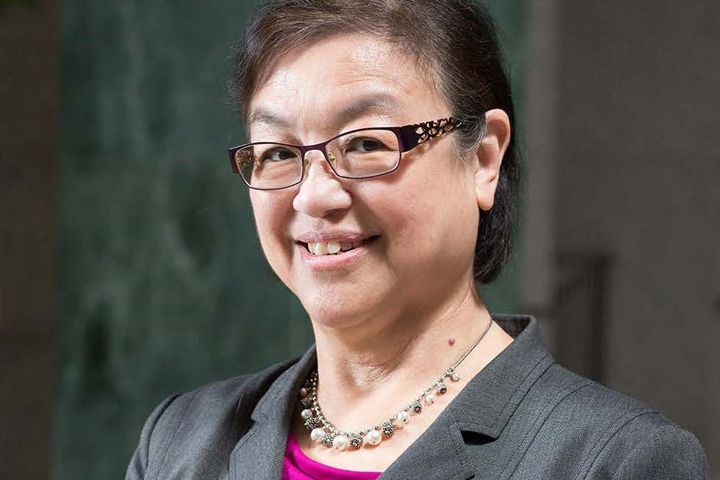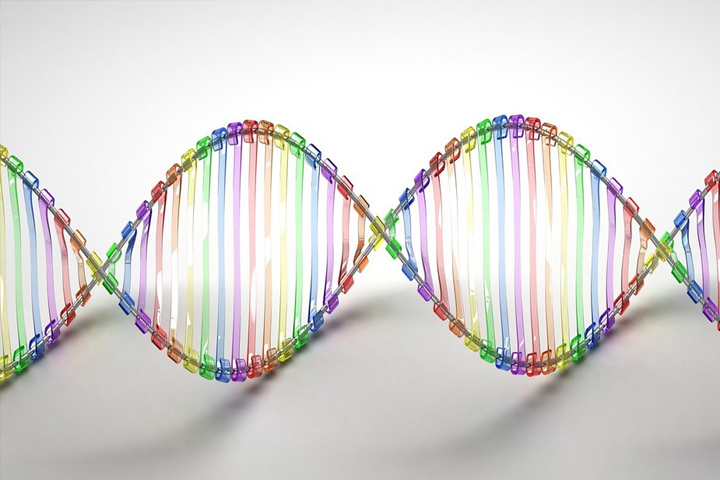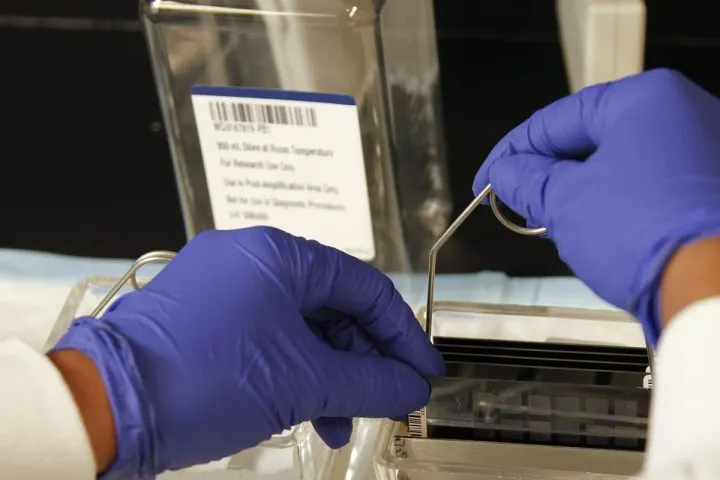Genetic Mutations and Family History
106 articles
Tumor Genetics Research Brings Some Answers for Families at High Risk
Professor Gloria Peterson of the Mayo Clinic is working on tumor genetics to help make early detection of pancreatic cancer a reality.
Pancreatic Cancer: 2018 Highlights And Looking Forward to 2019
Dr. Allyson Ocean leads an overview of the new treatments and protocol from 2018 as well as what are the next steps in treatment for 2019.
Progress in BRCA-Related Cancers Highlighted By the Basser Center
The Basser Center for BRCA hosted a panel discussion of the latest breakthroughs and discoveries for BRCA-related cancers.
Which Is the Best Screening Method for Pancreatic Cancer?
Dr. Aimee Lucas outlines the pros and cons of various screening methods that can be used for pancreatic cancer, and who should be using them.
This Versus That: Words to Know
Confused about some of the similar-sounding terms you are hearing during pancreatic cancer treatment? Our list of words to know can help.
A Registry for Those at Risk for Pancreatic Cancer
Dr. Robert Kurtz founded the Pancreatic Tumor Registry at Memorial Sloan Kettering to learn more about the genetic mutations that cause pancreatic cancer.
Questions to Ask Before You Begin Chemotherapy
Do you want to better understand your pancreatic cancer treatment? Dr. Andrew Hendifar outlines important questions to ask before starting chemotherapy.
Putting Familial Risk In Perspective
Dr. Alison Klein works to understand the relationship between familial risk and the chances of developing pancreatic cancer.
PRECEDE Trial Sets Survival Rate Goal
Dr. Raymond Wadlow explains how earlier detection of high-risk people is key the PRECEDE trial’s goal to increase pancreatic cancer survival rates.
Platinum-Based Therapy Can Significantly Improve Survival for Some Pancreatic Cancer Patients
Dr. Michael Pishvaian explains how platinum-based therapy can improve the survival of pancreatic cancer patients with a specific mutation.
Early Detection Trial for People at Higher Risk of Pancreatic Cancer
Relatives of pancreatic cancer patients or people who carry certain mutations can participate in an early detection clinical trial.
PARP Inhibitors for Pancreatic Cancer Maintenance Treatment
Dr. Kim Reiss Binder is leading a clinical trial of maintenance treatment with the PARP inhibitor rucaparib, for patients who carry the BRCA mutation.
Working With your Doctor to Find Clinical Trials
Oncologist Dr. Kim A. Reiss explains the importance of clinical trials and family history of cancer when choosing a treatment for pancreatic cancer.
New Gastrointestinal Screening Guidelines for High-Risk Patients
Get informed about the latest pancreatic cancer screening guidelines for high-risk patients from gastroenterologist Dr. Amitabh Chak.














